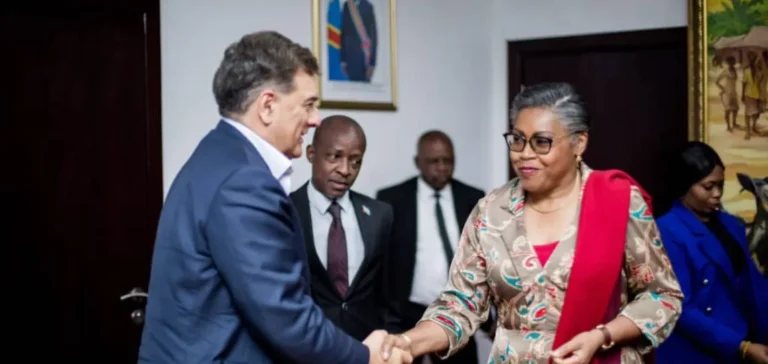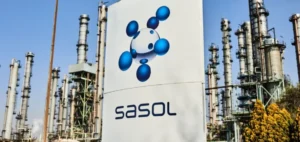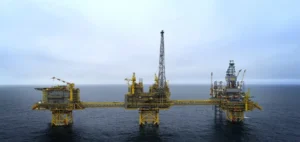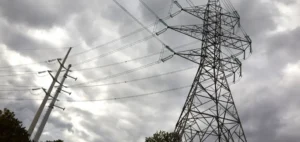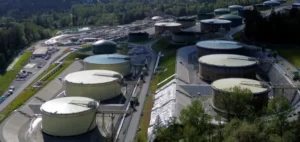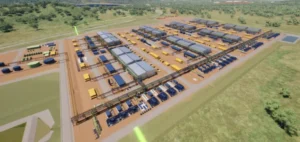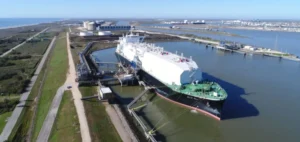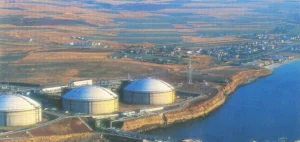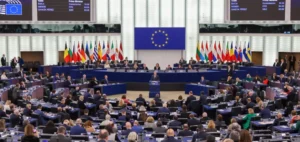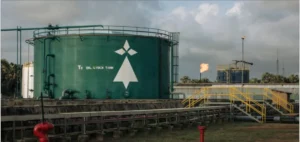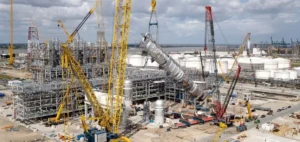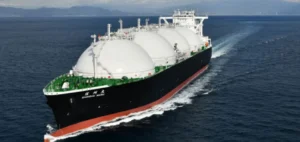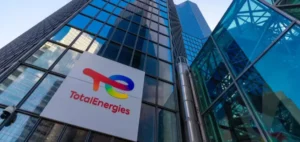Symbion Power LLC, a New York-based independent power producer, has confirmed a $700 M commitment (about €648 M) to develop a 140 MW methane power plant on the Congolese shore of Lake Kivu. The announcement marks the largest private energy investment ever declared in eastern Democratic Republic of Congo. However, its implementation depends on the full enforcement of the Washington Accord of June 27, 2025, which provides for a cease-fire and troop withdrawal between the Democratic Republic of Congo and Rwanda.
An expanded project compared to initial plans
In January 2023, Symbion won a tender to operate the Makelele gas block, with an initial plan for 60 MW and a budget estimated at $300 M. These figures still appear on the company’s website and in parliamentary records. The announced expansion now merges this concession with an adjacent area, doubling the planned capacity and raising the budget to $700 M, representing a 133% increase in both cost and size.
An economic lever linked to the peace process
According to the United States Department of State, the project could be eligible for guarantees from the U.S. International Development Finance Corporation (DFC) and the Export-Import Bank (Ex-Im Bank) once the withdrawal of Rwandan forces and M23 rebels from Goma and surrounding areas is confirmed. This approach aligns with the logic of the Washington Accord, which calls for mobilising private capital to consolidate the cease-fire.
Potential impact on national electrification
The initial 60 MW plan was already the largest methane exploitation licence ever awarded in the Democratic Republic of Congo. Symbion estimated that such a plant could increase the national electrification rate, currently around 19%, by two percentage points once connected to the fragile North Kivu grid. The expanded 140 MW version could cover more than 5% of the national target of adding 2.5 GW of capacity by 2030.
Symbion’s Chief Executive Officer Paul Hinks reiterated that the project’s launch remains dependent on stability in the region, stating that the Congolese government must control Goma and ensure peace to allow construction.


